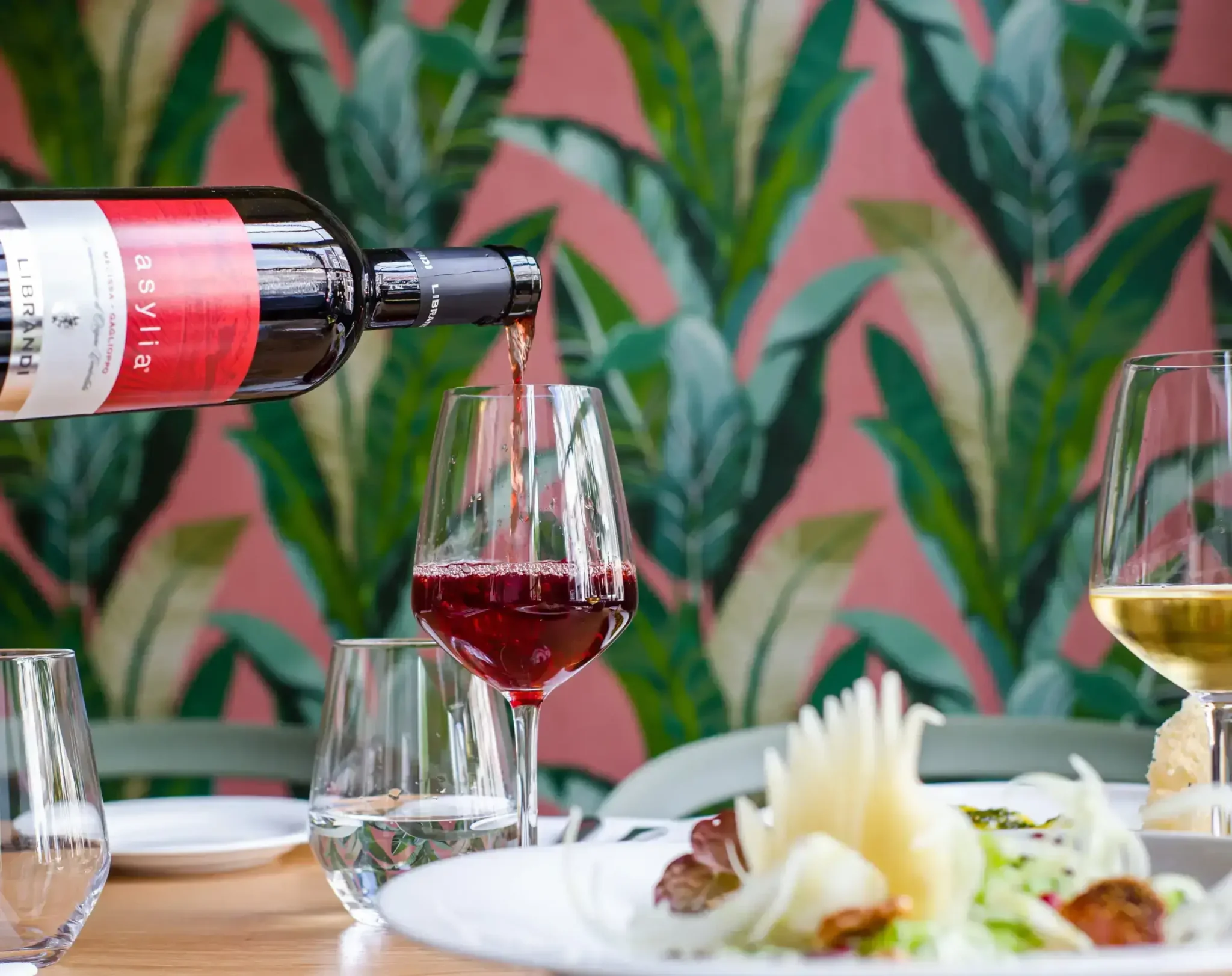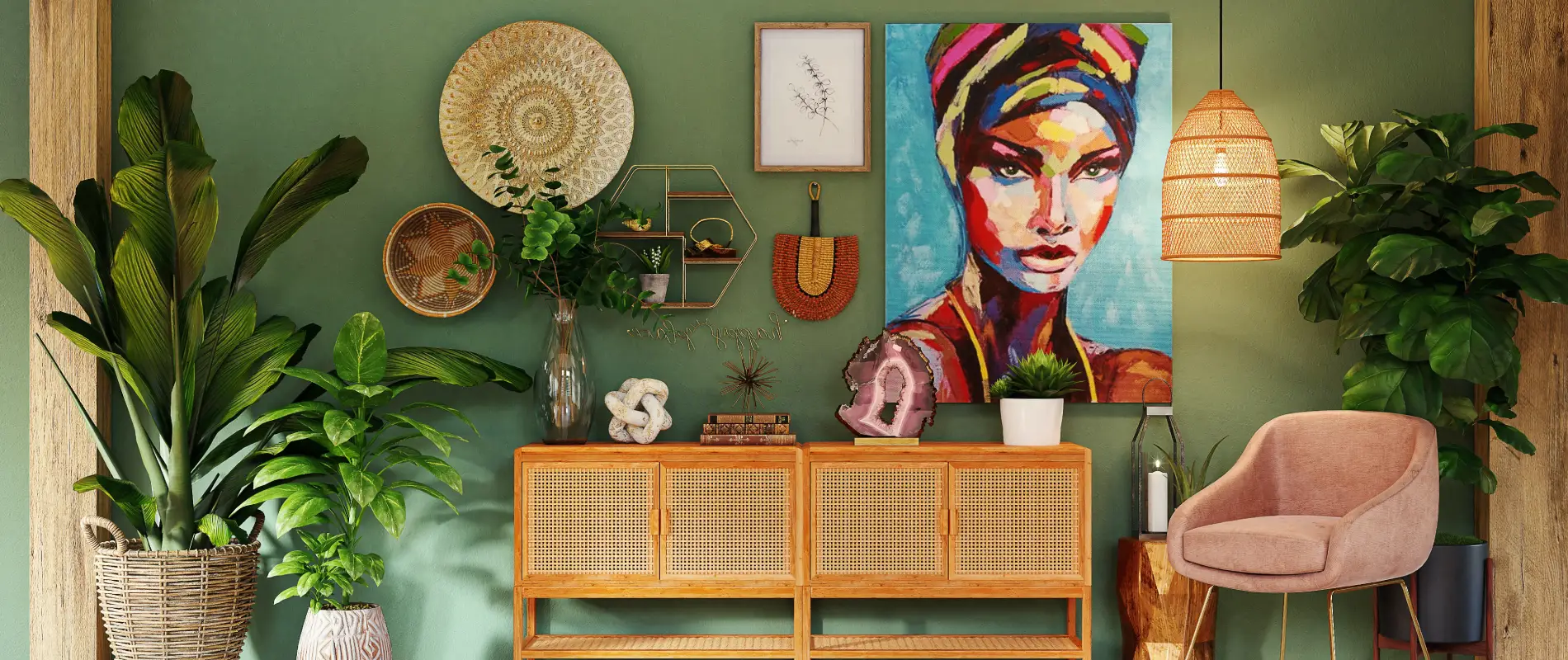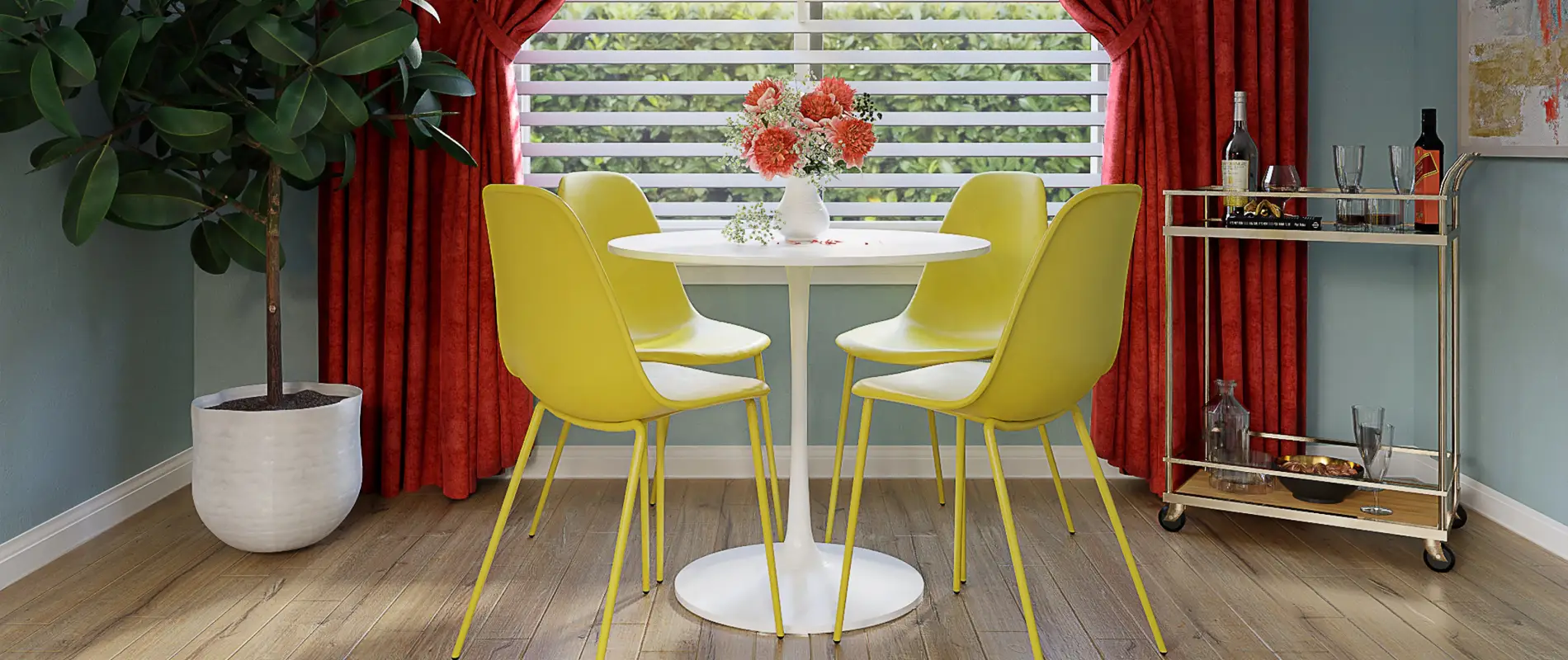Transform your WordPress site with detailed image analysis
Are you eager to boost the visual charm and functionality of your WordPress website? Our Detailed Image Analysis provides insights into design elements that can help your site shine.
Original design overview
The original design grabs attention with a large left panel showcasing a captivating image of a wine-pouring scene, paired with a narrower right panel listing weekly events. This dynamic setup not only highlights your content but also guides user focus effectively.
Key features to leverage
-
Layout analysis
- Overall structure: The two-panel design offers an appealing multi-column layout, merging vivid visuals with informative text.
- Asymmetrical appeal: The sizeable image contrasts with the text, enhancing visual interest and artistic flair.
-
Element and feature insights
- Engaging elements: Using stunning imagery and informative content, like the left-panel image and right-panel event details, captivates your audience.
- Typography: Bold headings and clear event descriptions make navigation and readability a breeze.
-
Unique design aspects
- Contrasting styles: Modern and minimalist aesthetics, highlighted by vibrant colours and clean typography, keep content appealing yet functional.
- Responsive design: The flexible layout ensures a seamless experience across devices, boosting site accessibility.
-
Overall design style
- Modern minimalism: A balance of rich imagery and clear text ensures your message stands out, using visual hierarchy and white space.
Why choose this analysis?
Incorporating these design principles can transform your site into a visually stunning and functional experience, promoting user engagement. Seize the chance to enhance your WordPress website design, creating designs that resonate with your audience.
10 ways to organise content in WordPress
1. Categories and tags
Organising content with categories and tags allows visitors to easily browse related content. Categories provide broad groupings, while tags offer specific details.
2. Custom menus
Custom menus enhance user navigation by allowing you to group relevant pages and posts. A structured menu guides users through the content effortlessly.
3. Widgets
Widgets make it easy to display specific content, such as recent posts, featured articles, or social media feeds, in your site’s sidebar or footer areas.
4. Page templates
Using page templates, such as those in the WordPress block templates, allows for consistent layout and styling across different pages.
5. Post formats
Post formats help differentiate content types, such as blog posts, galleries, or quotes, improving content readability and engagement.
6. Image galleries
Organise visual content by creating image galleries. They’re ideal for showcasing portfolios, events, or product catalogues.
7. Taxonomies
Taxonomies, like those found in WordPress pattern templates, offer a way to classify content consistently.
8. Excerpts and summaries
Using excerpts, you can provide brief descriptions of your posts, helping users quickly browse and choose what interests them.
9. Pagination
Pagination divides lengthy content into manageable sections, enhancing readability and site navigation, especially for blogs or archives.
10. Archives
An archive system efficiently organises posts by date or year, allowing users to explore historical content effortlessly.
10 different types of content in WordPress
1. Blog posts
Blog posts are the foundation of many WordPress sites, offering a platform to share articles, stories, and news with your audience.
2. Pages
Pages host static content, such as an “About Us” section or contact information, providing essential information to users.
3. Portfolios
Showcase your work with portfolio items. Ideal for artists, designers, and freelancers to present their projects and skills.
4. Testimonials
Share customer feedback and success stories in dedicated testimonials sections or posts to build trust with your audience.
5. Video content
Embedding videos can add dynamic elements to your site, ranging from tutorials to promotional materials or vlogs.
6. Product information
For e-commerce sites, product posts provide detailed descriptions, images, and purchase options, enhancing the shopping experience.
7. Podcasts
Podcasting can engage audiences through audio content, such as interviews, storytelling, or discussions.
8. Quizzes
Interactive content like quizzes captures user attention and improves engagement, often leading to increased on-site interaction.
9. Custom post types
Custom post types, like those used in WordPress block themes, allow you to create specialised content specific to your site’s needs.
10. Events
Event posts or calendars can inform users about upcoming occasions, workshops, or releases, promoting community involvement.
Conclusion
By leveraging WordPress’s diverse tools and techniques, such as WordPress website builders, you can create a visually stunning and functionally robust AI website builder experience for your audience. Don’t settle for ordinary when you can transform and energise your Elementor Alternatives site into something extraordinary with these insightful design strategies.




